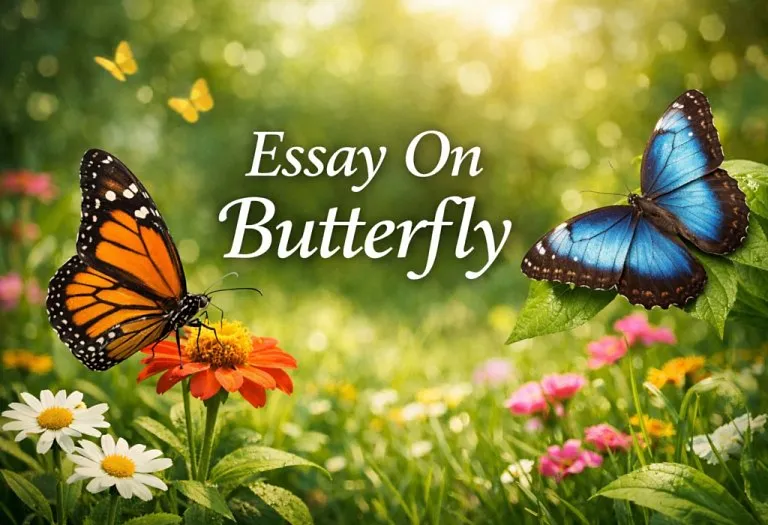Why Can’t Babies Have Honey?

- Why Can’t a Baby Under 1 Year Eat Honey?
- Nutritional Value of Honey
- What Is Infant Botulism?
- When Can Babies Have Honey?
- What Are the Benefits of Honey for Toddlers?
- What If Honey Is Accidentally Given to Your Baby?
- Is It Safe to Use Honey Pacifiers?
- Honey in Different Forms
- Honey for Your Baby’s Cough
- Honey Allergy in Infants
- FAQs
Who doesn’t love honey? An age-old treat for kids and adults alike, honey elevates a person’s mood and is a prescription for joyous occasions. But sometimes, a little bit can be a little too much for your little one. So, can babies have honey? Although safe for adults, as per the CDC, honey for infants below 1 year old can lead to serious implications of food poisoning and, in severe cases, death when given to a baby (1). In a case recorded in the Arabian Gulf States of infant botulism, a 6-week-old infant presenting with signs of sepsis and acute flaccid paralysis was intubated and ventilated with a history of honey consumption (2).
A powerhouse of vitamins and minerals, a small dose of honey can cause a whole world of damage if not consumed with the coming of the right age. Honey is ideal for toddlers and children, but it can affect babies with emerging teeth, which is another reason besides food poisoning; most doctors do not recommend giving honey to babies between 3 and 6 months of age.
Why Can’t a Baby Under 1 Year Eat Honey?
‘Is honey for babies a safe food item? ”Can 1 year olds have honey?’ Thesse are popular questions mothers often search.
Honey occasionally contains a spore of a bacterium known as the Clostridium botulinum (3). This causes a rare form of food poisoning in babies, symptoms of which come to light around eight to thirty-six hours after consumption. Honey can also damage a baby’s emerging teeth, which is why a baby’s age is an important criterion to consider before allowing her to consume honey.
The botulinum bacteria is abundantly found in soil and releases its spores, which contaminates honey and other substances (3). Heating, boiling, pressure-cooking, or pasteurizing does not eliminate these spores as they go unaffected and contaminate the honey. Although adults and children do not get affected, babies aged 12 months and below can be victims since they have immunocompromised systems and are developing.
Nutritional Value of Honey
Various factors like the time of year, weather conditions, how honey is made, and the types of flowers bees visit can all affect what’s in honey. However, the key things you’ll find in honey are mostly sugars like fructose and glucose. Besides water, honey also has tiny amounts of other stuff like protein, vitamins, minerals, and some special compounds called polyphenols. Below are the nutritional components of honey per 100 grams, referenced from EUFIC (4):
- Energy – 288 kcal/1229 kJ
- Carbohydrate – 76.4 g
- Fructose – 41.8 g
- Glucose – 34.6 g
- Protein – 0.4 g
- Water – 17.5 g
What Is Infant Botulism?
Babies are vulnerable to honey and infant botulism is real. Infant botulism is a condition that causes muscle weakness and breathing issues in babies (5). Infant botulism results from toxins that are produced inside the body once the baby ingests the bacteria through food sources. According to American Family Physician, the most common source of infant botulism is honey, which contains Clostridium botulinum spores that result in this condition (6). A baby contracts infant botulism once she consumes foods in which the bacterium has released the botulism toxins. Infant botulism can result from substances besides honey, as spores from the botulinum bacteria can land in other foods and substances from the environment. It is advised to limit outdoor exposure to babies, especially near the soil.
Another common question parents have is, ‘How much honey can cause infant botulism?’ It is advised to limit the overall exposure of honey, even a tiny bit, to avoid the bacterial exposure.
When Can Babies Have Honey?
Babies can be given honey once their first set of teeth emerges completely. American Academy of Pediatrician recommendations state that babies can consume honey once they cross the 12-month mark and are over a year old (5). Babies are prone to illnesses caused by bacteria spores, especially between the ages of three to six months, due to their underdeveloped immune systems. Although children and adults can consume honey, special care needs to be taken when it comes to babies, and it is best that they don’t consume honey until their immune systems develop wholly. Pasteurised honey is also not recommended for babies below 12 months of age.
What Are the Benefits of Honey for Toddlers?

Although infant botulism affects babies aged below 1 year, honey is safe for consumption by toddlers over 18 months of age. The following are the most noted benefits of honey for toddlers aged 18 months and above (7) (8):
- Provides instant relief from cold, flu, and cough
- Strengthens the immune system
- Acts as a natural aid for sleep and eczema
- Is a storehouse of multivitamins, essential amino acids, minerals, and flavonoids
- Promotes regular bowel movements and enhances the health of the digestive system
- Contains rich anti-bacterial and anti-fungal properties, which lead to faster healing of wounds
- Promotes cognitive development and improves mood levels
- Promotes increased energy levels throughout the day due to fructose content
What If Honey Is Accidentally Given to Your Baby?
If honey is accidentally given to your baby (9) –
- If your baby is above 18 months of age: If your baby accidentally ingests honey in her meal, it is not going to be a huge problem since her immune system is developed and acidic enough to eliminate spores of the bacterium in their gastrointestinal tracts upon the consumption of honey.
- If your baby is below 12 months of age: She may be susceptible to paralysis and, in severe cases, death due to an immunocompromised system. In this case, contact your doctor or concerned medical practitioner immediately.
- Look out for symptoms: If your baby has already consumed honey, look for signs of infant botulism, such as listlessness, lack of appetite, lethargy, eyelids dropping, and muscle cramps (2). Pressure-cook homemade foods to eliminate any spores of the bacterium and reduce the chances of botulinum spores developing in her gastrointestinal tracts. Before serving canned foods, boil them for 10 minutes.
- Prolonged constipation: If the situation worsens and your baby experiences severe constipation (which is one of the first signs of infant botulism), consider administering a dose of the Botulism Immune Globulin. This is a substance that treats the toxin ingested in the baby’s digestive system and works immediately, thus preventing further complications. However, do consult your doctor once before doing so.
Is It Safe to Use Honey Pacifiers?
No. The fundamental fact about honey applies here too – any amount of honey can be dangerous for a baby below 12 months of age. There is a possible scenario of honey ingestion through the tiny hole present in the pacifier, which can pose a risk to your baby’s health.
Honey in Different Forms
Honey can be used as a medicinal supplement for treating cough and infections. It cleanses the digestive tract and can be served with porridge and fruits. Tummy conditions like diarrhoea can be prevented with the help of honey. Honey is used in baked products and can be served raw to kids aged only two and above.
As a precaution, never serve honey to a newborn baby or infants aged 12 months and below. Infants above the age of 18 months are typically safe from the effects of the botulism spores and can be given honey in any form.
Honey for Your Baby’s Cough
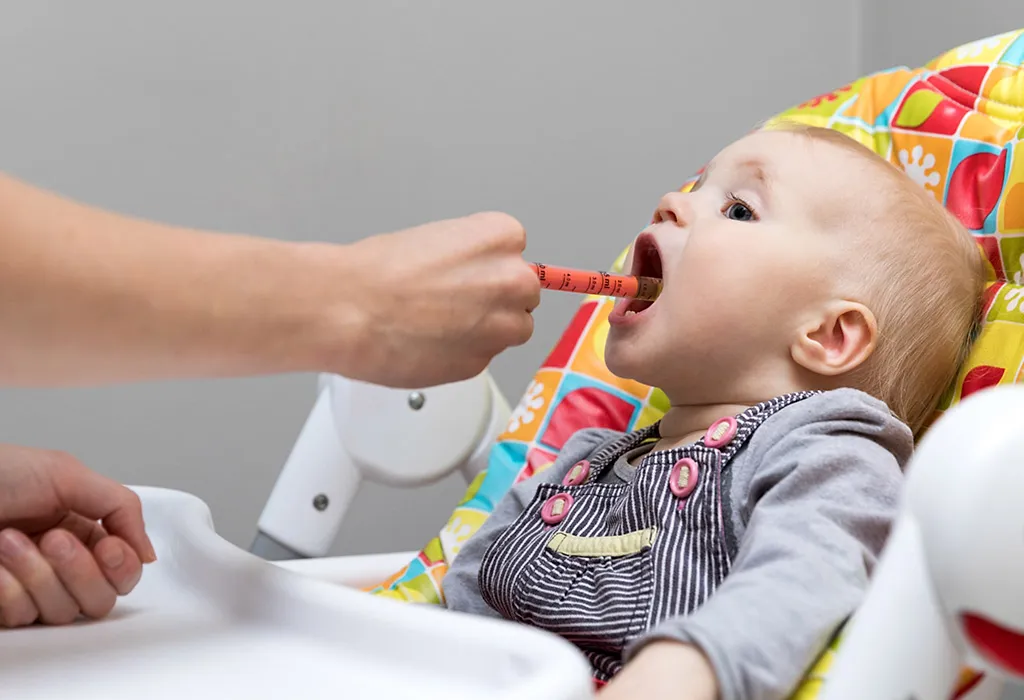
- For the treatment of fever, cold, and flu; mix 1/3 teaspoon of pure honey with a teaspoon of hot water. Give this to the baby and repeat this twice a day for best results. This is to be given to babies only above 1 year.
- Babies above the age of two with upper respiratory tract infections can be given up to 2 teaspoons of honey during bedtime to reduce nighttime coughing and improve sleep quality.
- Honey contains a common cough suppressant known as dextromethorphan (in over-the-counter doses), which treats cough and cold effectively.
Honey Allergy in Infants
Infants and babies above the age of two may be allergic to honey due to pollen allergens being present in it. Children with weak digestive systems are also prone to this, which is why buying pasteurized honey from a certified brand is important.
FAQs
1. Can babies eat baked products made of honey?
According to the American Academy of Paediatrics and the World Health Organization, it is advised not to add honey (raw or pasteurized) to food, baked products, or formula for babies under 12 months of age. Thus, it is advisable to not allow babies to eat baked products made from honey.
2. Are molasses and corn syrup safe for babies under 12 months?
Molasses and corn syrup may contain botulism spores, which are harmful to babies although not proven (10). Thus, it is not advisable to give these to babies under the age of 12 months. Molasses and corn syrup for consumption may be unsafe. For more info, please consult with your concerned paediatrician.
3. Can breastfeeding moms consume honey and not affect the baby?
Yes, breastfeeding mothers can consume honey, keeping in mind all safety precautions to avoid even a little exposure of honey to their babies . It is important that nursing moms wash their hands and mouth after consumption and before touching the baby (9).
4. Can botulism be transmitted in my breast milk?
No, infant botulism is not transmissible through breast milk (9).
Can honey be given to babies? This is a question that can only be answered with age. When administering honey in meals or as a supplement, consider your baby’s age and the condition of her immune system. It is best to consult a paediatrician before including honey in a baby’s diet. Instead, focus on foods that can be substituted for honey. Please consult a certified paediatrician and nutritionist regarding your baby’s dietary requirements and learn more about the foods that must be avoided by infants aged 1 year and below.
References/Resources:
1. Foods and Drinks to Avoid or Limit; CDC; https://www.cdc.gov/nutrition/infantandtoddlernutrition/foods-and-drinks/foods-and-drinks-to-limit.html
2. Maria M.J. van der Vorst. M. M, J, Jamal. W, et al.; Infant Botulism due to Consumption of Contaminated Commercially Prepared Honey: First Report from the Arabian Gulf States; Medical Principles and Practices; https://karger.com/mpp/article-abstract/15/6/456/203329/Infant-Botulism-due-to-Consumption-of-Contaminated?redirectedFrom=PDF; October 2006
3. Infant Botulism; Nemours KidsHealth; https://kidshealth.org/en/parents/botulism.html
4. The Health Benefits of Honey and Its Nutritional Value; EUFIC; https://www.eufic.org/en/healthy-living/article/the-health-benefits-of-honey-and-its-nutritional-value
5. Botulism; American Academy of Pediatrics; https://www.healthychildren.org/English/health-issues/conditions/infections/Pages/Botulism.aspx
6. Cox. N, Hunkle. R; Infant Botulism; American Family Physican; https://www.aafp.org/pubs/afp/issues/2002/0401/p1388.html; April 2002
7. Honey; Mayo Clinic; https://www.mayoclinic.org/drugs-supplements-honey/art-20363819
8. Ashkin. E, Mounsey. A; PURLs: a spoonful of honey helps a coughing child sleep; The Journal of Family Practice; PubMed Central; https://www.ncbi.nlm.nih.gov/pmc/articles/PMC3601686/; March 2013
9. Frequently Asked Questions (FAQs) About Infant Botulism; CDPH; https://www.cdph.ca.gov/Programs/CID/DCDC/CDPH%20Document%20Library/FAQs_English_Updated_March2022_ADA.pdf; March 2022
10. Why Should Babies Not Have Honey?; Nemours KidsHealth; https://kidshealth.org/en/parents/honey-botulism.html
Also Read:
Pumpkin for Infants
Raisins for Babies
Can Babies Eat Hummus?
Greek Yogurt for Infants
Was This Article Helpful?
Parenting is a huge responsibility, for you as a caregiver, but also for us as a parenting content platform. We understand that and take our responsibility of creating credible content seriously. FirstCry Parenting articles are written and published only after extensive research using factually sound references to deliver quality content that is accurate, validated by experts, and completely reliable. To understand how we go about creating content that is credible, read our editorial policy here.







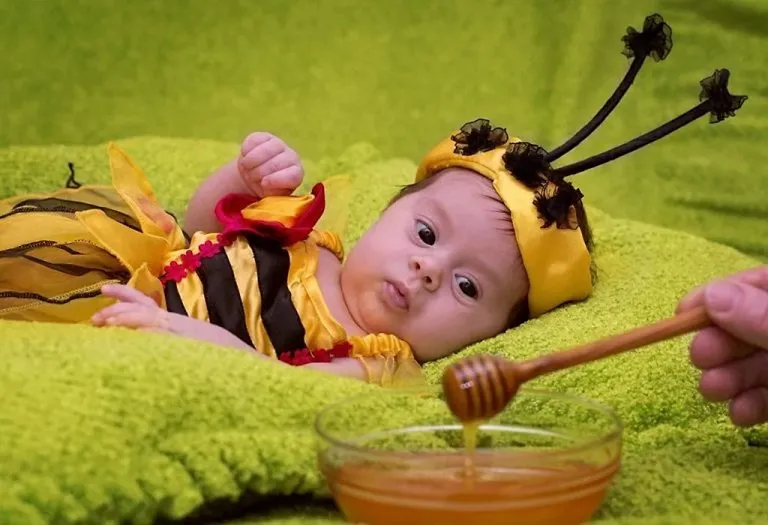
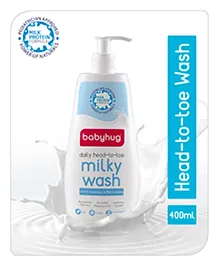
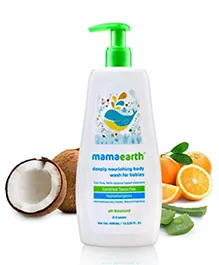
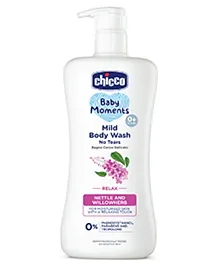
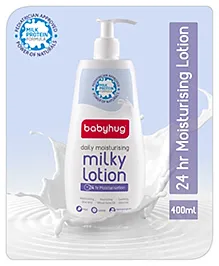
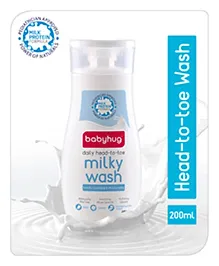
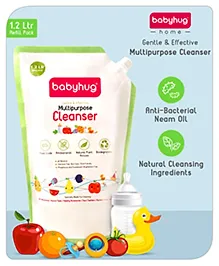
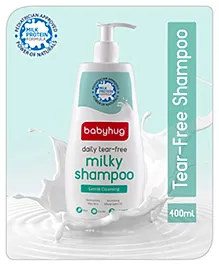
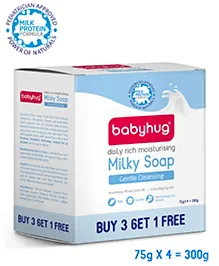
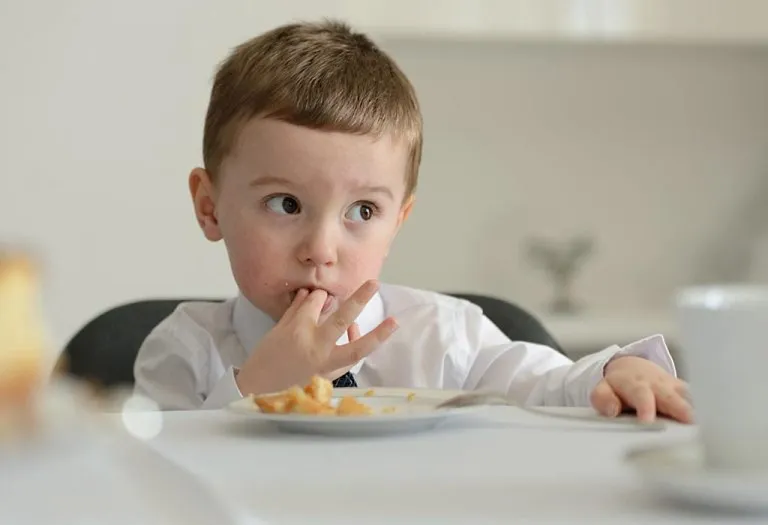
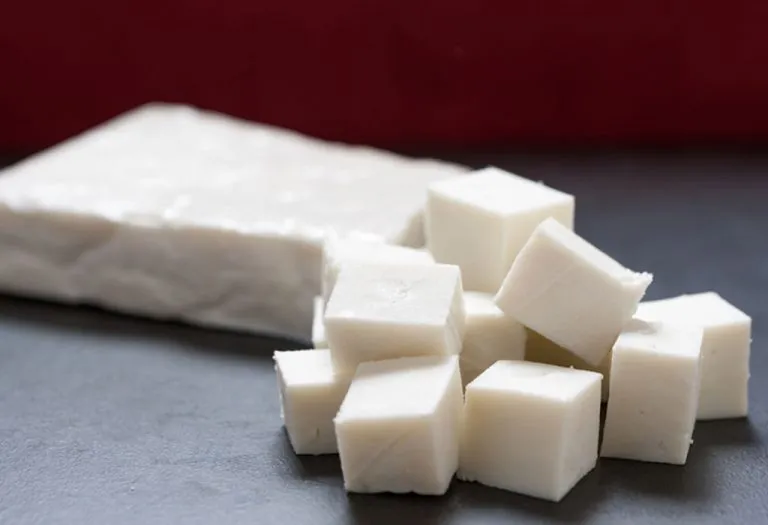
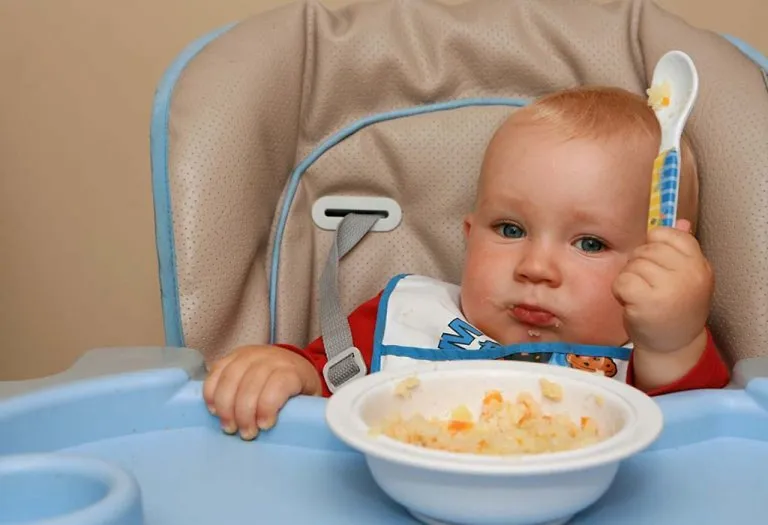
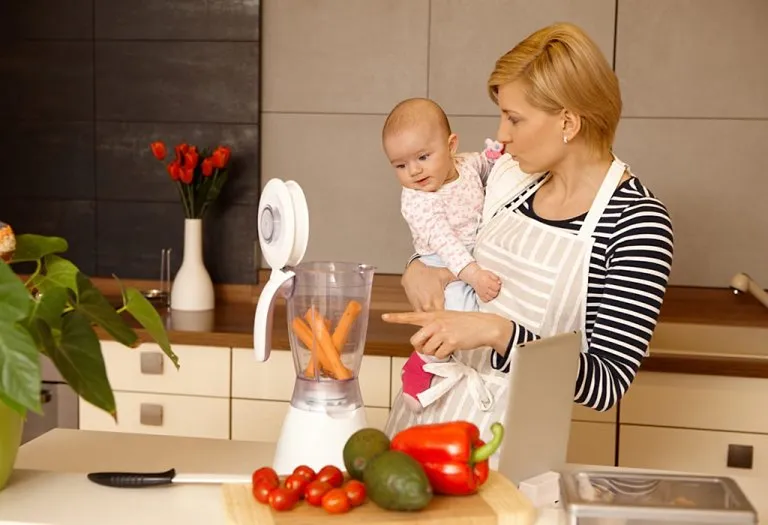
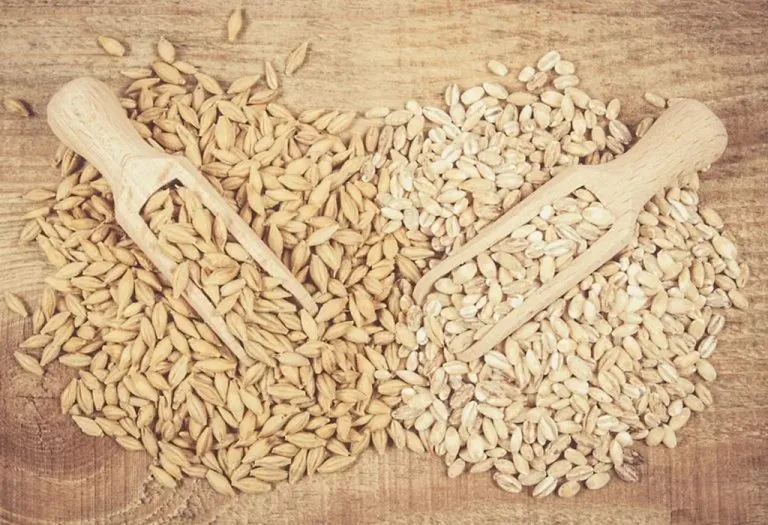
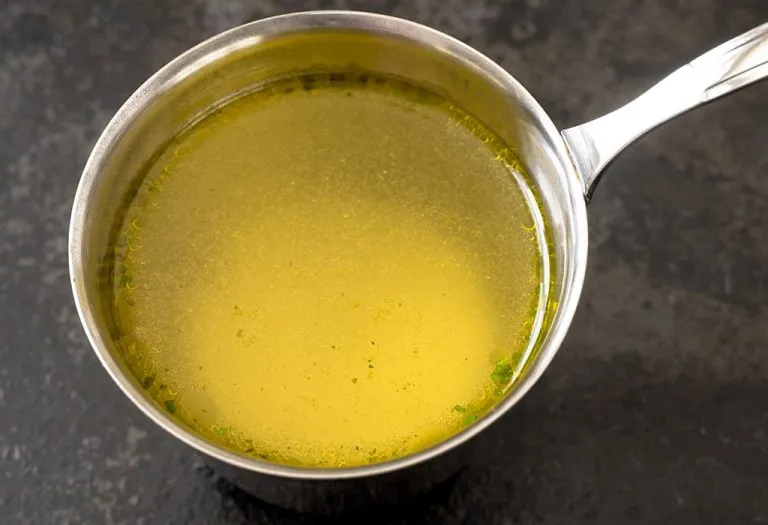

.svg)











